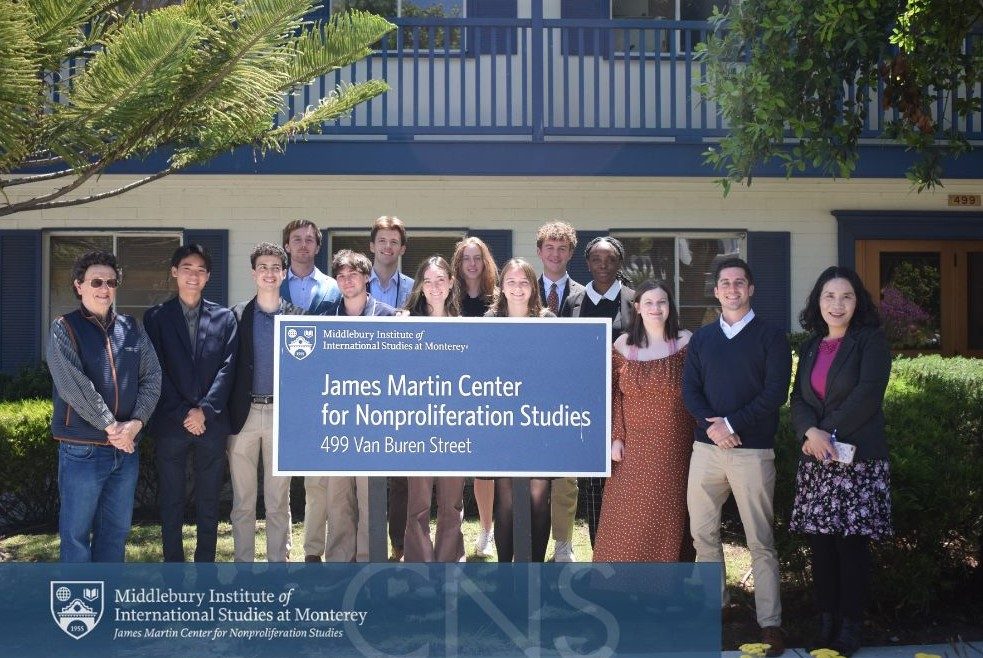2023 Undergraduate Fellow Spotlight: Annie Street

Annie Street is a rising junior at the University of Southern California. She is majoring in International Relations and Environmental Science and minoring in Dance. Her interest in international affairs was sparked through the friendships she made at her high school, Maine Central Institute, where she lived in an international residential community for four years while pursuing ballet at a pre-professional level. Academically, Annie is interested in the disproportionate effects of climate change on the Global South and how those effects are addressed through international governance and diplomacy. She hopes to pursue a career in global environmental policy, helping to create a more inclusive and healthy world by addressing issue areas such as renewable energy management, sustainable development, climate migration, and the gendered impacts of climate change. Annie is very eager to expand her knowledge of the intersection between nuclear energy advancements and the proliferation of weapons of mass destruction during her time at CNS this summer. At USC, Annie is part of the Thematic Option honors program, she works as a research assistant at the Security and Political Economy Lab, she has served as President and Standards Officer for USC’s Foreign Service Society, and she is a member of USC’s intersectional feminist organization, USC Flow. In her free time, Annie enjoys doing yoga, painting, and spending time outside!
Research Presentation: Nuclear Energy Programs in the Middle East

In the context of nuclear energy development, a problematic dichotomy exists in the Middle East. The region is one of the most adversely affected by climate change, as well as one of the most conflict-ridden regions in the world. Many Middle Eastern states have a strong interest in developing nuclear energy as a means of building long-term resilience to environmental degradation, but regional instability paired with Israel’s policy of nuclear opacity and Iran’s extensive enrichment capabilities have raised concerns that nuclear energy development in the Middle East could quickly escalate into extensive proliferation of nuclear weapons. In this project, I investigate the Middle East’s 1) environmental motivations for nuclear energy, 2) involvement and compliance with the nonproliferation regime, and 3) political motivations and deterrents for weapons proliferation to evaluate how realistic the fear really is that expanding nuclear energy capabilities in the Middle East will result in weapons proliferation. By the conclusion of my project, I hope to have developed a clear set of policy recommendations that can reduce whatever tangible proliferation risks emerge as more Middle Eastern states develop nuclear energy programs.


